- Details
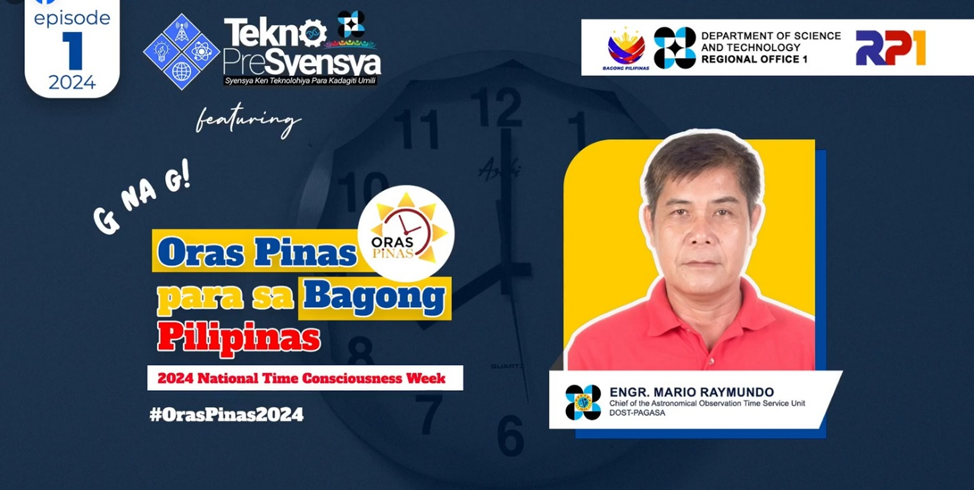
In a concerted effort to bring scientific information and technological advancements closer to the people, the Department of Science and Technology Regional Office No. 1 (DOST-1) collaborated with DZAG Radyo Pilipinas Agoo to present the 1st Episode of the radio program titled "Tekno Presyensya: Syensya ken Teknolohiya para kadagiti Umili" on 11 January 2024. The event took place via the Zoom platform and Facebook Live and was broadcast live on DZAG Radyo Pilipinas Agoo FM radio.
Read more: DOST Region 1 supports the 2024 National Time Consciousness Week
- Details
A group of students from the National University of Singapore (NUS) visited the Forest Products Research and Development Institute of the Department of Science and Technology (DOST-FPRDI) last 5 January 2024 to learn and talk about possible collaborations involving the institute’s Bamboo Musical Instruments (BMI) Innovation R&D Program.
Read more: National University of Singapore students visit DOST-FPRDI
- Details
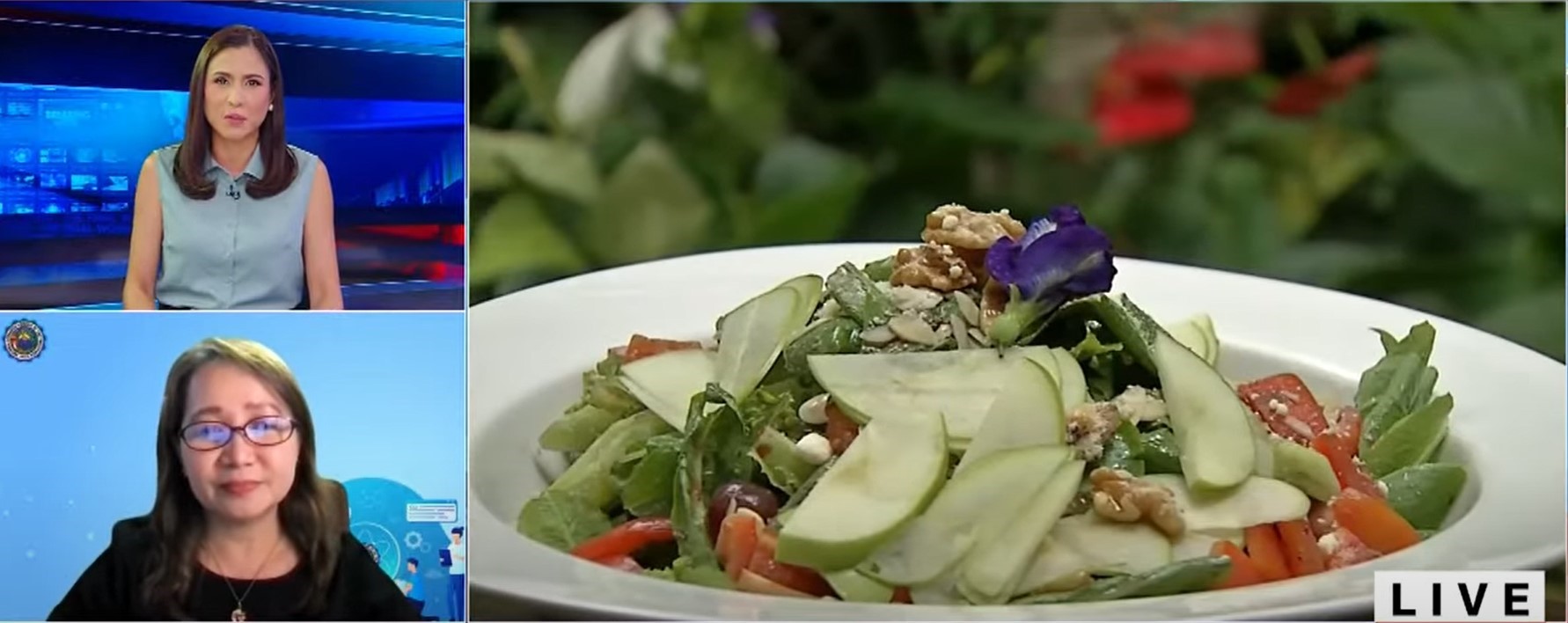
With food prices on the rise and reports of smuggling and shortages of various crops in different areas of the country, Dr. Leslie Michelle Dalmacho, president of the Department of Science and Technology-National Research Council of the Philippines (DOST-NRCP), shared some initiatives of the science department to ensure food and nutrition security for every Filipino.
Read more: Basic research on human security is among the DOST’s priorities

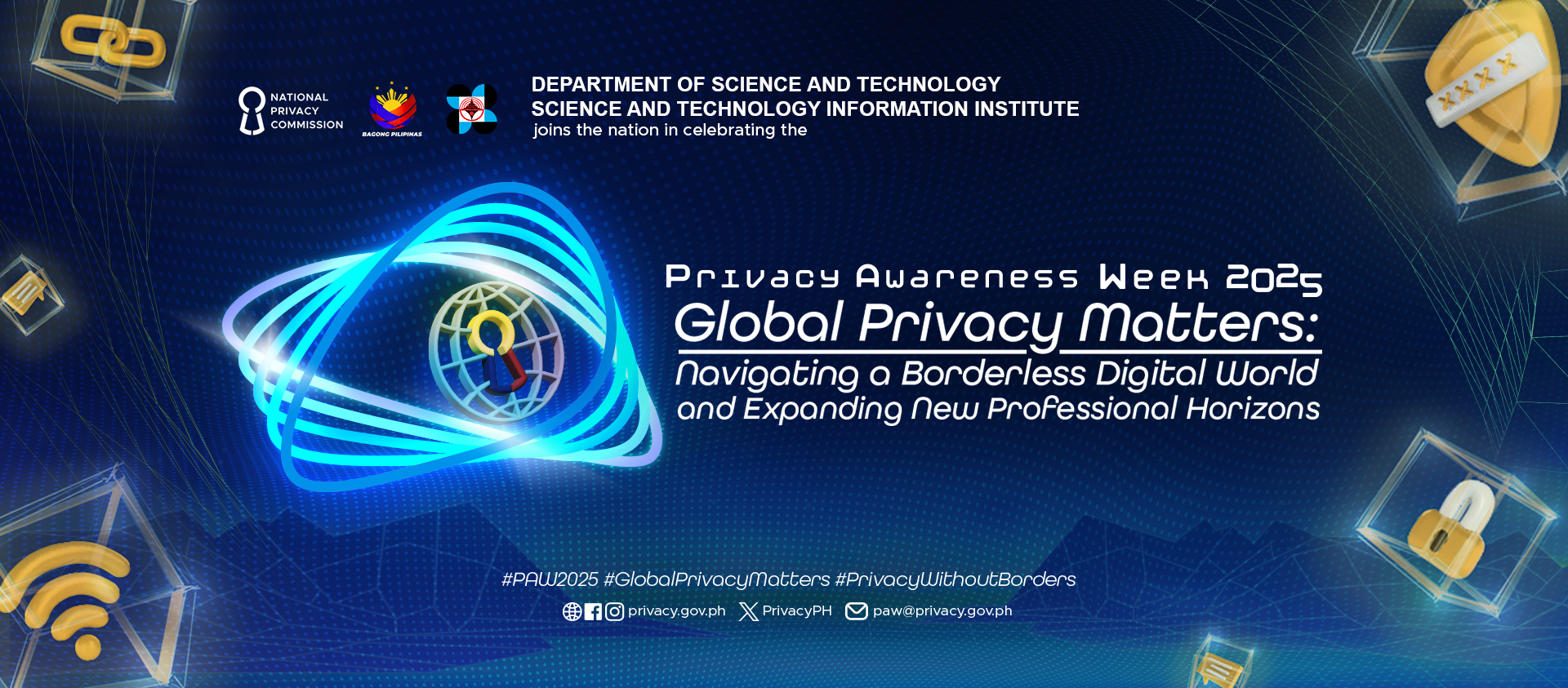
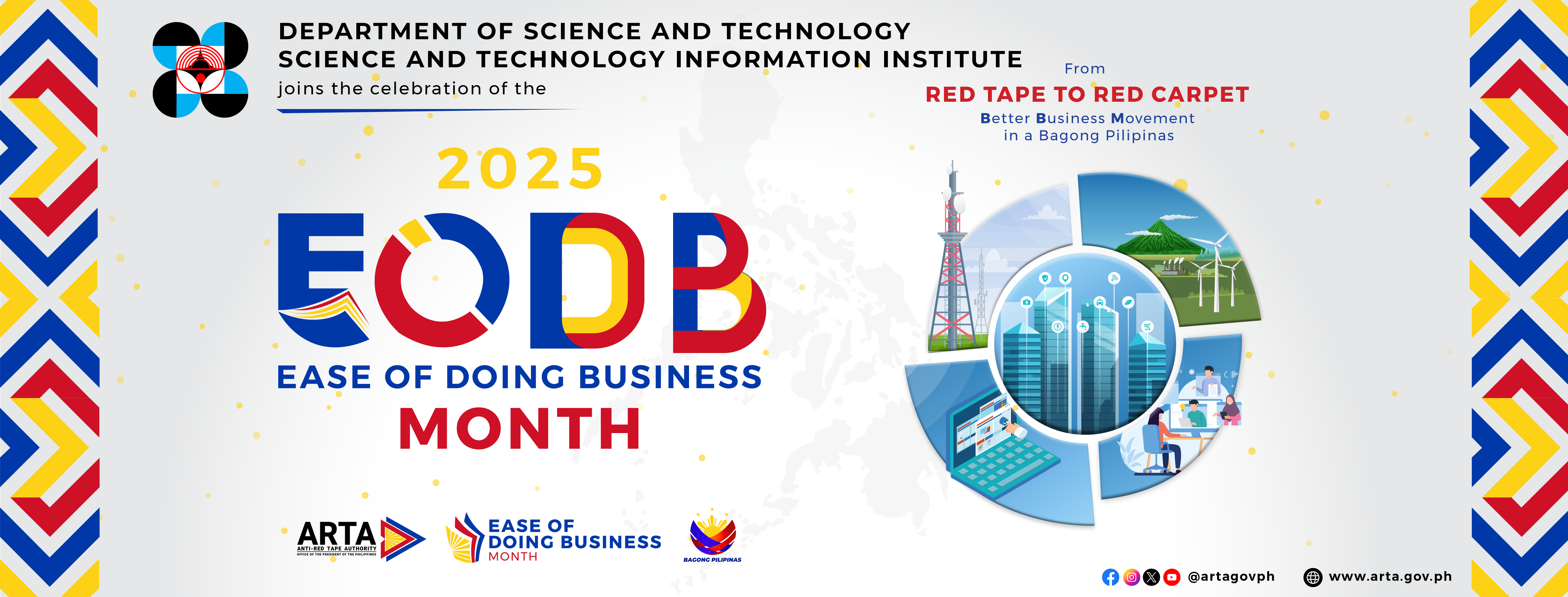
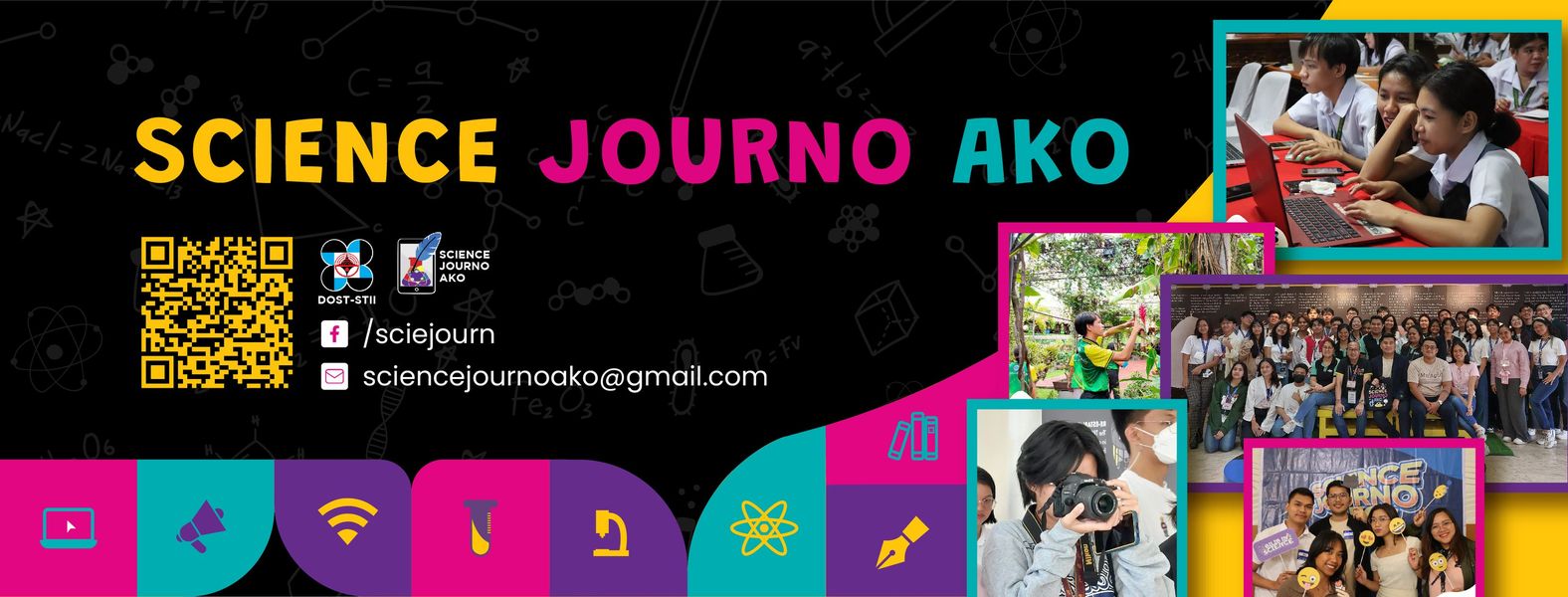
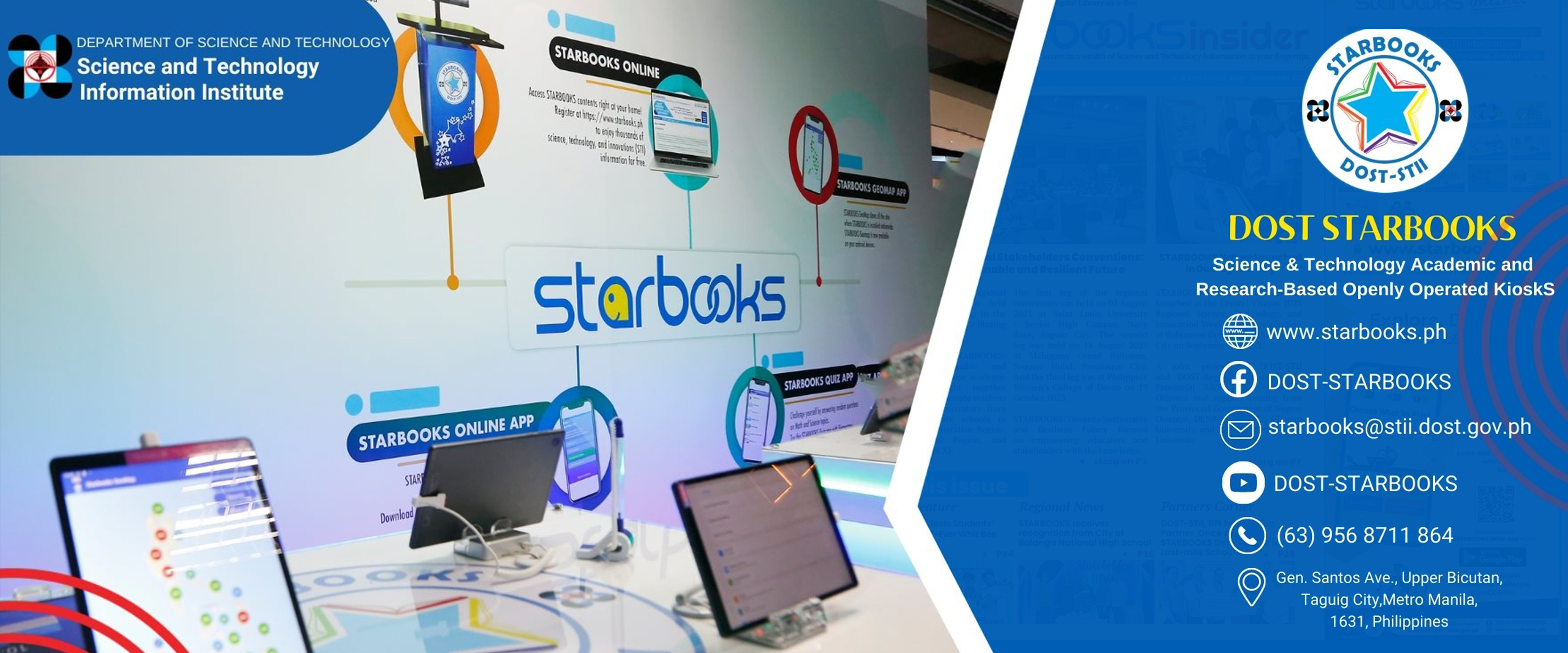
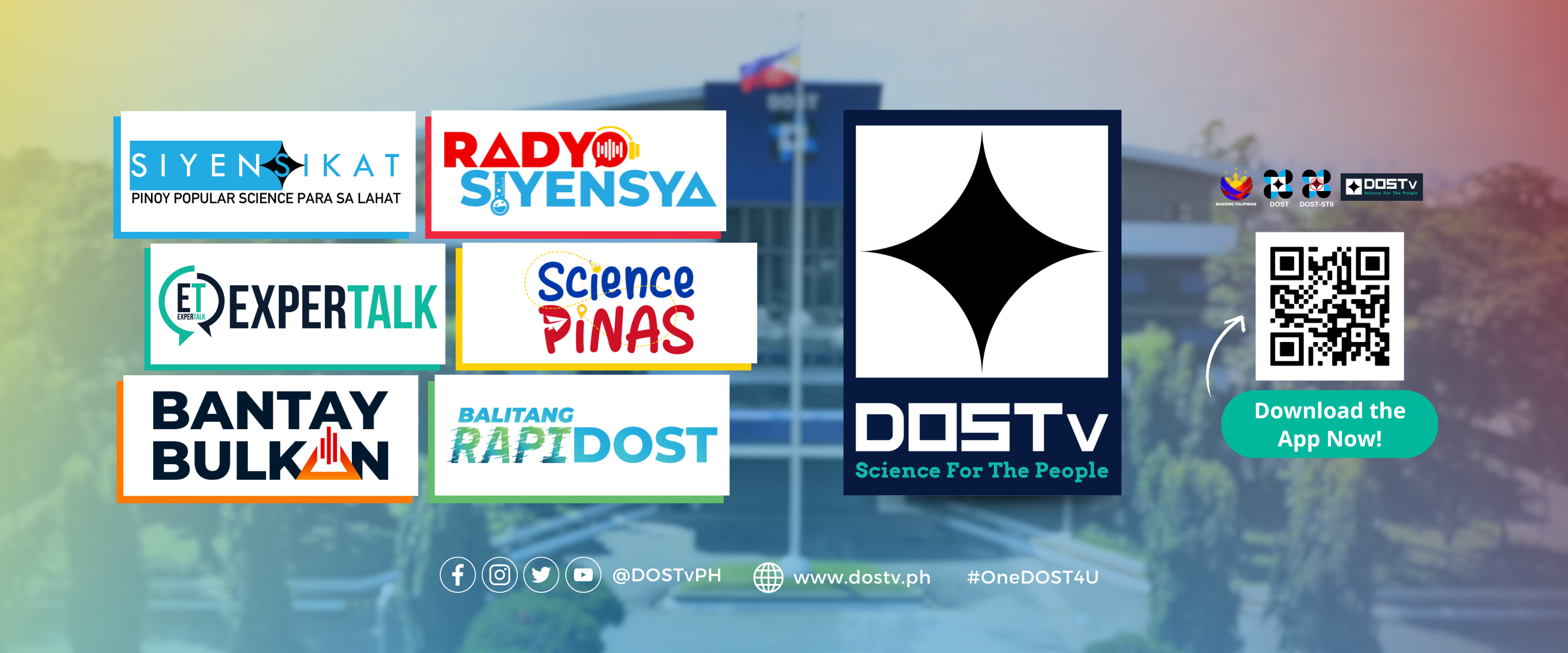

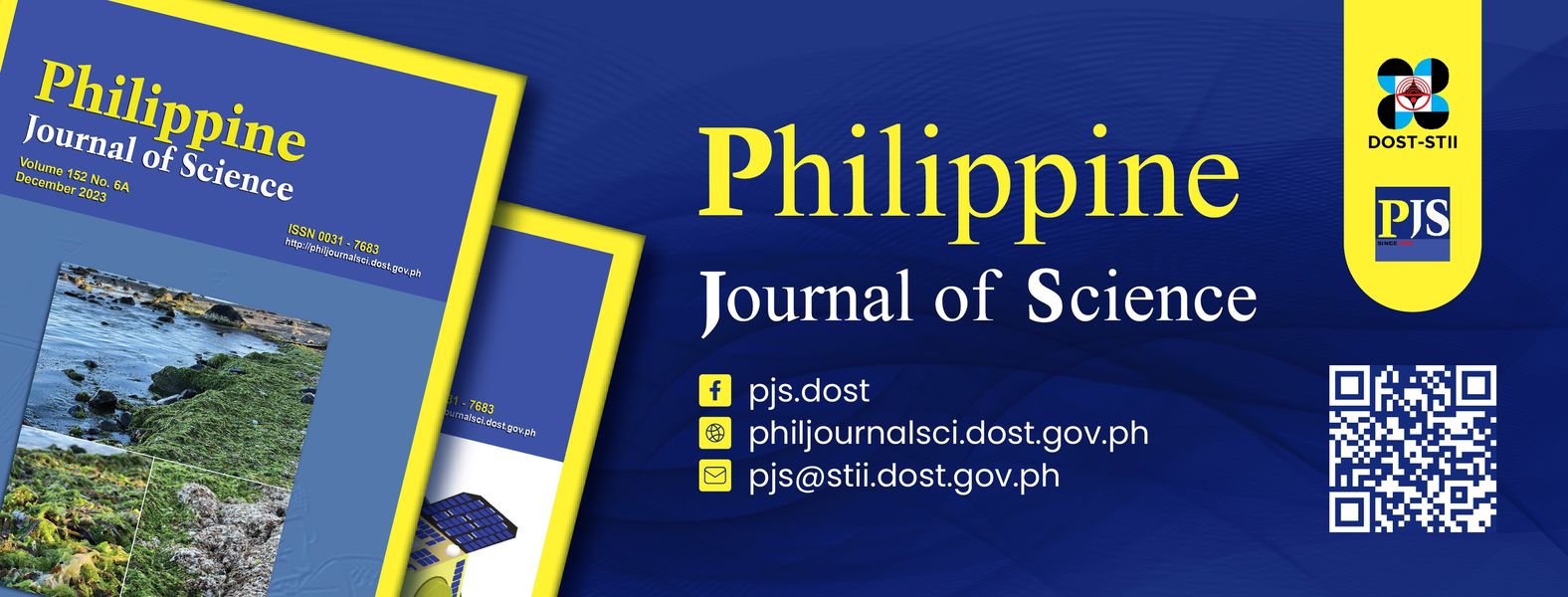




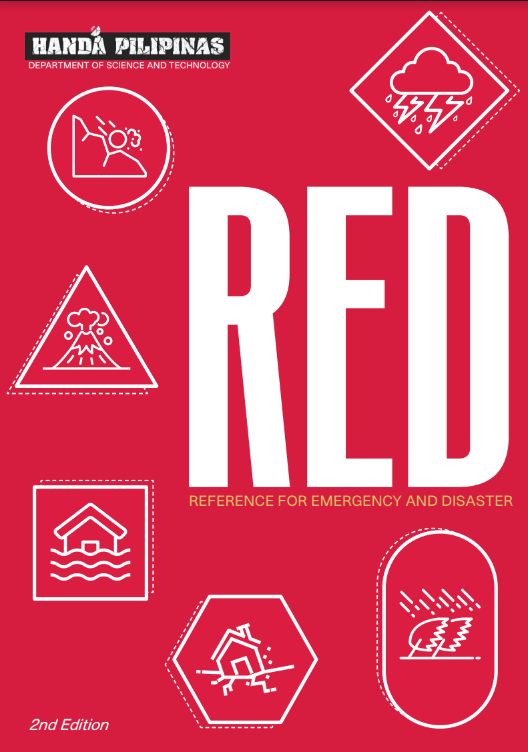





 21 in 2021 Technology Catalogue
21 in 2021 Technology Catalogue 21 in 2021 Technology Catalogue
21 in 2021 Technology Catalogue DOST Innovations - Web and Mobile Applications for Disaster Risk Reduction and Management
DOST Innovations - Web and Mobile Applications for Disaster Risk Reduction and Management